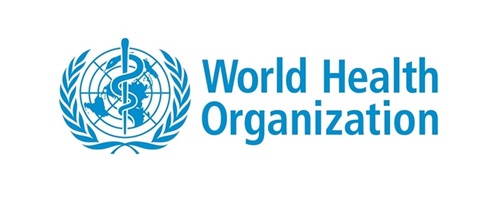
Strengthen public health laboratories for effective disease control - WHO to African countries
The World Health Organisation (WHO) has encouraged countries in Africa to put in more effort to strengthen their public health laboratories to ensure effective disease control.
It explained that public health laboratories were responsible for providing timely and reliable results primarily for disease control and prevention.
The organisation indicated that despite the progress and efforts being made to strengthen laboratory capacities in the region, challenges such as inadequate staffing, equipment and supplies continue to persist.
Such challenges, it said, were hampering disease control and, thus, there was a critical need to strengthen public health laboratories in the region.
A Health System Specialist from the WHO Country Office in Ghana, Dr Gatachew Asrat, said this while speaking on behalf of the WHO Country Director, Prof. Francis Kasolo, at the opening ceremony of the fifth Annual meeting of the Network of Buruli Ulcer Laboratories (BU-LABNET) which took place at the Noguchi Memorial Institute for Medical Research in Accra today (October 23).
The meeting
BU-LABNET is a network of 13 laboratories from nine endemic countries comprising Ghana, Benin, Cameroon, Ivory Coast, Congo, Gabon, Liberia, Nigeria and Togo, to improve the diagnosis of Buruli Ulcer among member laboratories.
The meeting brought together about 60 participants made up of network member laboratories, partners, skin disease experts and public health practitioners mainly to take stock of progress made by the network since last year and to identify ways to implement the integrated control and management of skin diseases in line with the Global NTD Roadmap.
Laboratory confirmation
Prof. Kasolo indicated that laboratory confirmation was required for optimal clinical care and disease surveillance.
However, he stressed, for instance, that one of the major challenges with the control of Buruli Ulcer was the inadequate access to laboratory support, particularly concerning Polymerase Chain Reaction (PCR) diagnosis.
Case management
The Deputy Director General of the Ghana Health Service, Dr Anthony Adofo Ofosu, also emphasised that laboratories played important roles in both case management and preventive chemotherapy.
For example, he said they helped the management of clinical cases of NTDs by providing diagnoses to identify cases and also played an important role in evaluating the effectiveness of large-scale treatment programmes and supporting decisions on when to stop such treatments.
He, therefore, said having such a network that could facilitate the sharing of expertise and collaboration to strengthen the work of individual laboratories in providing technical and scientific support for the diagnosis, surveillance, monitoring and evaluation of NTD programmes was of great value.
Dr Ofosu further expressed his appreciation for the immense role that reference laboratories like the Noguchi Memorial Institute for Medical Research and the Kumasi Centre for Collaborative Research (KCCR) played in supporting the work of the service.
He assured the service of continued collaboration as the primary and lead agency under the Ministry of Health for the implementation of government policy on health, “so that together, we can better coordinate interventions against NTDs in the country.”
